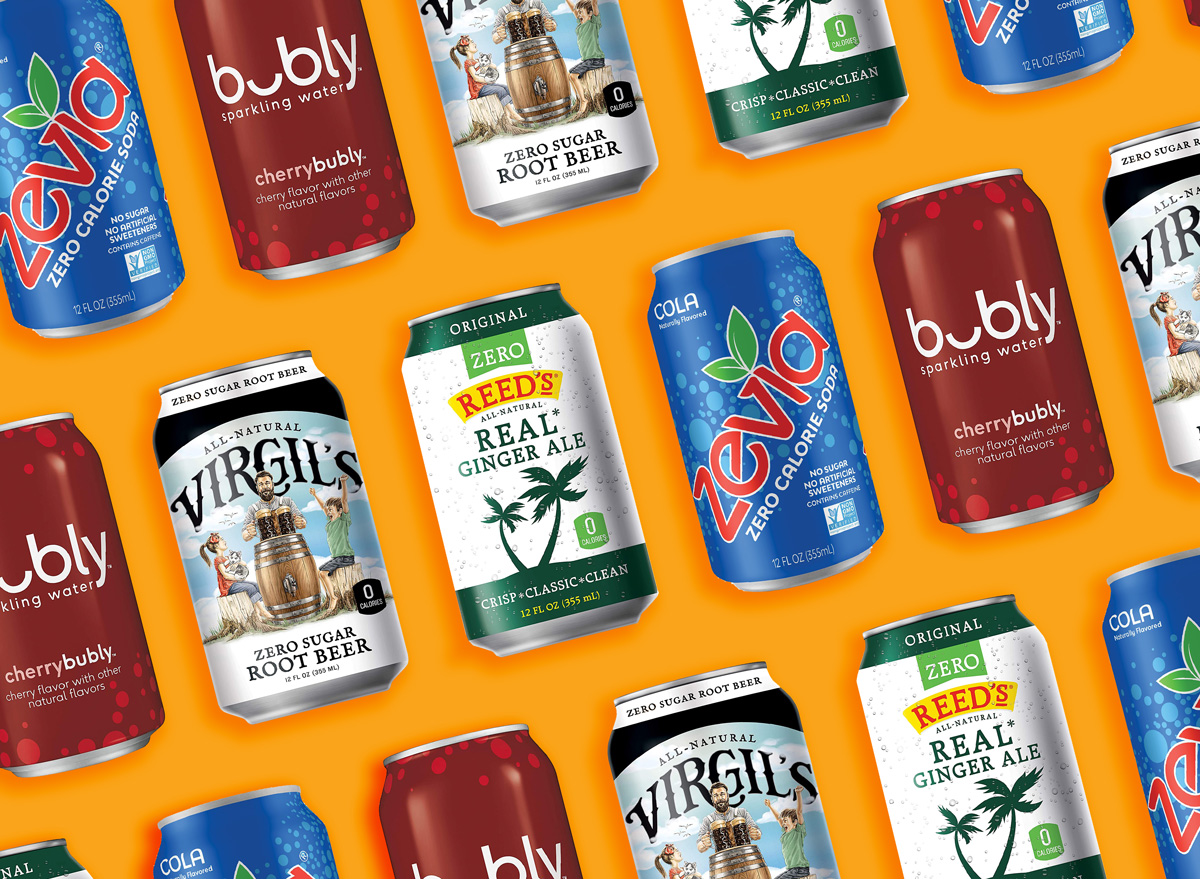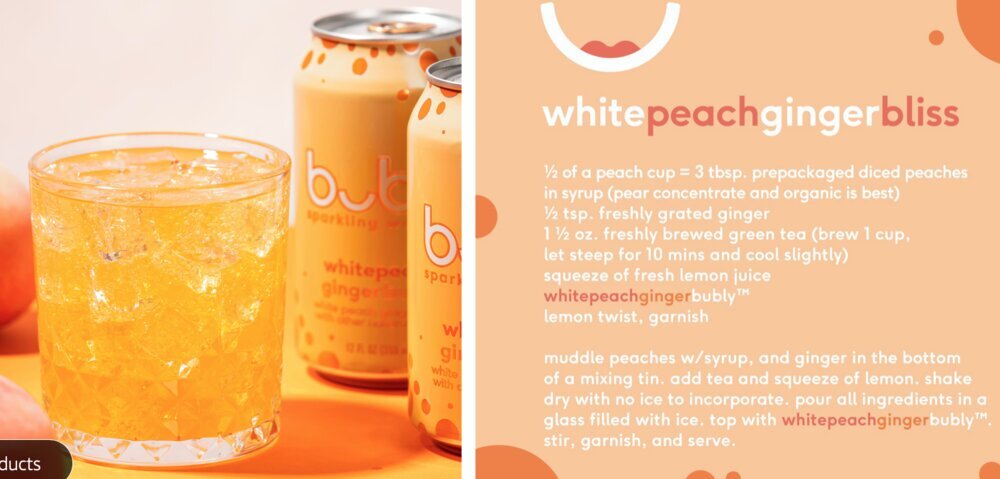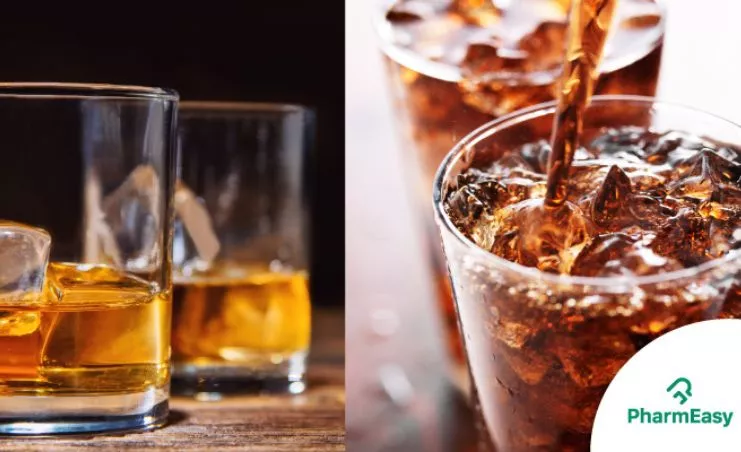David Baxter PhD
Late Founder
More Evidence Soda Consumption May Raise Stroke Risk
by Megan Brooks, Medscape
May 8, 2012
A new analysis from the Nurses' Health Study provides more evidence that drinking sugar-sweetened and low-calorie soda may raise the risk for stroke, independent of established dietary and nondietary cardiovascular risk factors.
Compared with sweetened and unsweetened soda, coffee and decaffeinated coffee consumption was associated with lower stroke risks.
"At this point, we don't have a good biologic mechanism to explain the association we found with low-calorie soda and stroke, so we are cautious in our interpretation of this finding," Adam Bernstein, MD, ScD, research director of the Wellness Institute of the Cleveland Clinic in Lyndhurst, Ohio, who led the study, told Medscape Medical News.
"There is good reason, on the other hand, why sugar-sweetened beverages may be associated with stroke," he said. The sugar load may lead to rapid increases in blood glucose and insulin, which over time lead to glucose intolerance, insulin resistance and inflammation, which in turn may influence atherosclerosis, plaque stability and thrombosis, he explained.
"We would welcome metabolic studies looking at the different compounds in low-calorie soda and seeing how they might be related to inflammation, insulin resistance or glucose intolerance," Dr. Bernstein added.
The study was published online April 4 in the American Journal of Clinical Nutrition.
Healthier Beverage Choices
The study team examined patterns of soda consumption in relation to stroke risk in 84,085 women followed for 28 years as part of the prospective Nurses' Health Study and 43,371 men tracked for 22 years as part of the prospective Health Professionals Follow-Up Study.
They documented 1416 strokes in men during 841,770 person-years of follow-up and 2938 strokes in women during more than 2.1 million person-years of follow-up. Most strokes were ischemic.
The pooled relative risk (RR) for total stroke for 1 or more servings of sugar-sweetened soda per day, compared with none, was 1.16 (95% confidence interval [CI], 1.00 - 1.34). A similar level of risk was evident for 1 or more servings of low-calorie soda per day (RR, 1.16; 95% CI, 1.05 - 1.28).
"When we controlled for the influence of diabetes and hypertension, the results were slightly weaker but still present," Dr. Bernstein noted. "This suggests that soda may lead to changes in blood pressure or blood glucose over time but that doesn't explain the whole story. There are likely additional pathways that we aren't able to identify in this study."
"The burden of stroke is still enormous and anything that we can do to try to prevent the disease is well warranted. There are healthier beverage choices out there," Dr. Bernstein added.
In the current analysis, compared with 1 serving of sugar-sweetened soda daily, 1 serving of decaffeinated coffee per day was associated with a 10% lower risk for stroke (95% CI, 1% - 19%) and 1 serving of caffeinated coffee per day with a 9% lower risk for stroke (95% CI, 0% - 17%). Similar estimated reductions in risk were seen when caffeinated or decaffeinated coffee was substituted for low-calorie soda.
Unlike soda, coffee contains chlorogenic acids, lignans, and magnesium, which act as antioxidants and mediators of glucose metabolism and may reduce the risk for stroke, the authors say.
Strengths of the analysis include the prospective (and repeated) data collection on soda intake and other dietary and lifestyle factors, which helped minimize the potential for recall bias or reverse causation; in addition, the high rate of follow-up reduced bias due to loss to follow-up. "Nevertheless, because of the observational nature of this study, we cannot exclude the possibility of residual and unmeasured confounding," the researchers say.
Moderation "Seems Reasonable"
Commenting on the study for Medscape Medical News, Larry B. Goldstein, MD, professor of medicine (neurology) and director of the Duke Stroke Center in Durham, North Carolina, said "it's an interesting observation, but it needs to be remembered that this is an epidemiological study showing an association, not causality."
"These types of studies," Dr. Goldstein added, "are always subject to effects of unmeasured factors. Further, the reported effects were reduced when controlled for diabetes and high blood pressure. The message: moderation seems reasonable."
Data from the Northern Manhattan Study reported at the 2011 International Stroke Conference support the soda-stroke association.
As reported by Medscape Medical News, that study found that people who consumed diet soda every day experienced a 61% higher risk for vascular events than those who reported drinking no soda.
The risk persisted after adjustment for metabolic syndrome, peripheral vascular disease, and cardiac disease history (relative risk, 1.48; 95% CI, 1.03 - 2.12).
The study was supported by the National Institutes of Health and the Department of Health and Human Services. Dr. Bernstein was supported through the Harvard Human Nutrition Program. The authors and Dr. Goldstein have disclosed no relevant financial relationships.
Am J Clin Nutr. 2012;95:1190-1199. Abstract
by Megan Brooks, Medscape
May 8, 2012
A new analysis from the Nurses' Health Study provides more evidence that drinking sugar-sweetened and low-calorie soda may raise the risk for stroke, independent of established dietary and nondietary cardiovascular risk factors.
Compared with sweetened and unsweetened soda, coffee and decaffeinated coffee consumption was associated with lower stroke risks.
"At this point, we don't have a good biologic mechanism to explain the association we found with low-calorie soda and stroke, so we are cautious in our interpretation of this finding," Adam Bernstein, MD, ScD, research director of the Wellness Institute of the Cleveland Clinic in Lyndhurst, Ohio, who led the study, told Medscape Medical News.
"There is good reason, on the other hand, why sugar-sweetened beverages may be associated with stroke," he said. The sugar load may lead to rapid increases in blood glucose and insulin, which over time lead to glucose intolerance, insulin resistance and inflammation, which in turn may influence atherosclerosis, plaque stability and thrombosis, he explained.
"We would welcome metabolic studies looking at the different compounds in low-calorie soda and seeing how they might be related to inflammation, insulin resistance or glucose intolerance," Dr. Bernstein added.
The study was published online April 4 in the American Journal of Clinical Nutrition.
Healthier Beverage Choices
The study team examined patterns of soda consumption in relation to stroke risk in 84,085 women followed for 28 years as part of the prospective Nurses' Health Study and 43,371 men tracked for 22 years as part of the prospective Health Professionals Follow-Up Study.
They documented 1416 strokes in men during 841,770 person-years of follow-up and 2938 strokes in women during more than 2.1 million person-years of follow-up. Most strokes were ischemic.
The pooled relative risk (RR) for total stroke for 1 or more servings of sugar-sweetened soda per day, compared with none, was 1.16 (95% confidence interval [CI], 1.00 - 1.34). A similar level of risk was evident for 1 or more servings of low-calorie soda per day (RR, 1.16; 95% CI, 1.05 - 1.28).
"When we controlled for the influence of diabetes and hypertension, the results were slightly weaker but still present," Dr. Bernstein noted. "This suggests that soda may lead to changes in blood pressure or blood glucose over time but that doesn't explain the whole story. There are likely additional pathways that we aren't able to identify in this study."
"The burden of stroke is still enormous and anything that we can do to try to prevent the disease is well warranted. There are healthier beverage choices out there," Dr. Bernstein added.
In the current analysis, compared with 1 serving of sugar-sweetened soda daily, 1 serving of decaffeinated coffee per day was associated with a 10% lower risk for stroke (95% CI, 1% - 19%) and 1 serving of caffeinated coffee per day with a 9% lower risk for stroke (95% CI, 0% - 17%). Similar estimated reductions in risk were seen when caffeinated or decaffeinated coffee was substituted for low-calorie soda.
Unlike soda, coffee contains chlorogenic acids, lignans, and magnesium, which act as antioxidants and mediators of glucose metabolism and may reduce the risk for stroke, the authors say.
Strengths of the analysis include the prospective (and repeated) data collection on soda intake and other dietary and lifestyle factors, which helped minimize the potential for recall bias or reverse causation; in addition, the high rate of follow-up reduced bias due to loss to follow-up. "Nevertheless, because of the observational nature of this study, we cannot exclude the possibility of residual and unmeasured confounding," the researchers say.
Moderation "Seems Reasonable"
Commenting on the study for Medscape Medical News, Larry B. Goldstein, MD, professor of medicine (neurology) and director of the Duke Stroke Center in Durham, North Carolina, said "it's an interesting observation, but it needs to be remembered that this is an epidemiological study showing an association, not causality."
"These types of studies," Dr. Goldstein added, "are always subject to effects of unmeasured factors. Further, the reported effects were reduced when controlled for diabetes and high blood pressure. The message: moderation seems reasonable."
Data from the Northern Manhattan Study reported at the 2011 International Stroke Conference support the soda-stroke association.
As reported by Medscape Medical News, that study found that people who consumed diet soda every day experienced a 61% higher risk for vascular events than those who reported drinking no soda.
The risk persisted after adjustment for metabolic syndrome, peripheral vascular disease, and cardiac disease history (relative risk, 1.48; 95% CI, 1.03 - 2.12).
The study was supported by the National Institutes of Health and the Department of Health and Human Services. Dr. Bernstein was supported through the Harvard Human Nutrition Program. The authors and Dr. Goldstein have disclosed no relevant financial relationships.
Am J Clin Nutr. 2012;95:1190-1199. Abstract



